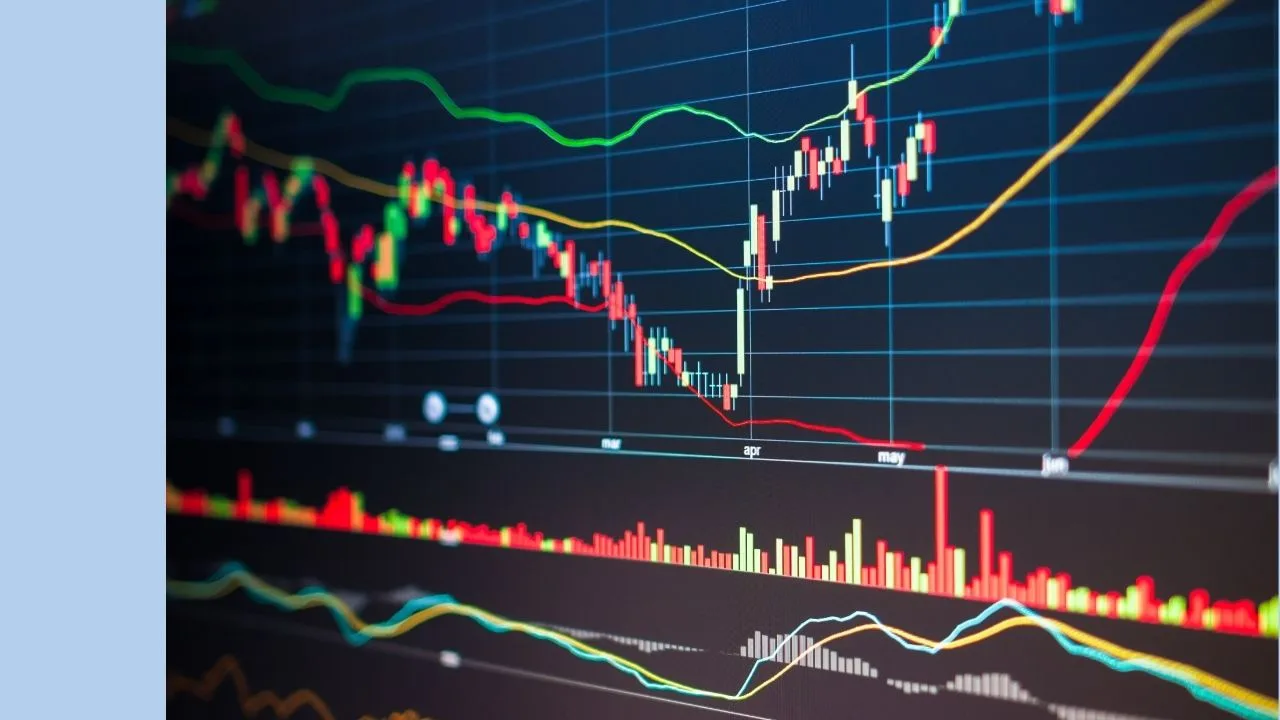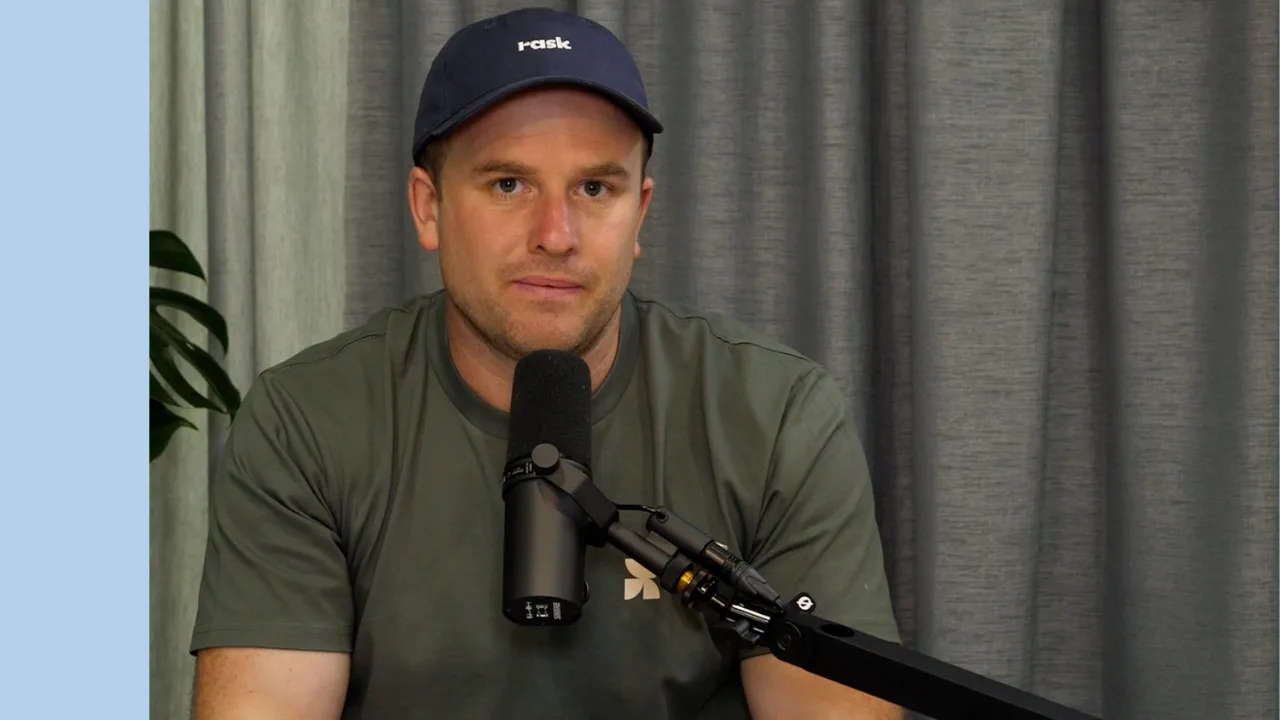PLS share price in focus
Pilbara Minerals is a leading ASX-listed lithium company, owning 100% of the world’s largest, independent hard-rock lithium operation, Pilgangoora, which it acquired in 2014.
Pilbara’s primary business is to find, process, and sell spodumene concentrate (basically rocks with lithium in them). It sells its concentrate through “offtake” agreements and spot sales on the Battery Material Exchange (BMX) platform. A good example of an offtake partner is Great Wall (the Chinese car company) or POSCO, a South Korean steelmaker.
Demand for lithium has grown steadily in recent years on the back of developments in electric vehicles and renewable energy technology. Some investors would call Pilbara a ‘pure play’ investment in demand for green tech given their direct involvement with lithium. However, as a commodities producer, its revenue is still at the mercy of (sometimes dramatic) fluctuations in the price of spodumene in the global market.
The case for Resources shares
The S&P/ASX200 Materials Index (ASX: XMJ) has averaged 4.53% per year in capital growth over the last 5 years. That compares to the average of all ASX sectors of 3.29% over the same period. Let’s take a look at why you might want a materials company like PLS in your portfolio.
Big dividends
While the capital growth goes through good periods, it’s really the dividends that most investors are interested in when assessing resource shares. After all, it’s what they’ve been known for for many years. However, PLS is somewhat of an exception to this rule, only delivering an average yield of 2.22% over the last 5 years. I guess investing rules were made to be broken… even if a sector is known for something like big dividends, always assess a company on its own merits.
Growth potential
Mining is one of the backbones of our modern economy and the demand for things like iron ore, copper, and lithium is not going away any time soon.
In fact, the demand for a lot of precious metals is rapidly growing as the economy transitions to renewable energy. A lot of these materials are needed for things like electric car batteries and solar panels. Companies like BHP and Rio Tinto are investing a lot of money to put themselves at the forefront of this oncoming wave of demand.
PLS share price valuation
As a growth company, one way to put a rough forecast on the PLS share price could be to compare its price-to-sales multiple over time. Currently, Pilbara Minerals Ltd shares have a price-sales ratio of 7.52x, compared to its 5-year average of 20.35x, meaning its shares are trading below their historical average. This could mean that the share price has fallen, or sales have increased. In the case of PLS, revenue has been growing over the last 3 years.
Please keep in mind that context is important – and this is just one valuation technique. Investment decisions can’t just be based on one metric.
The Rask websites offer free online investing courses, created by analysts explaining things like Discounted Cash Flow (DCF) and Dividend Discount Models (DDM). They even include free valuation spreadsheets! Both of these models would be a better way to value the PLS share price.








